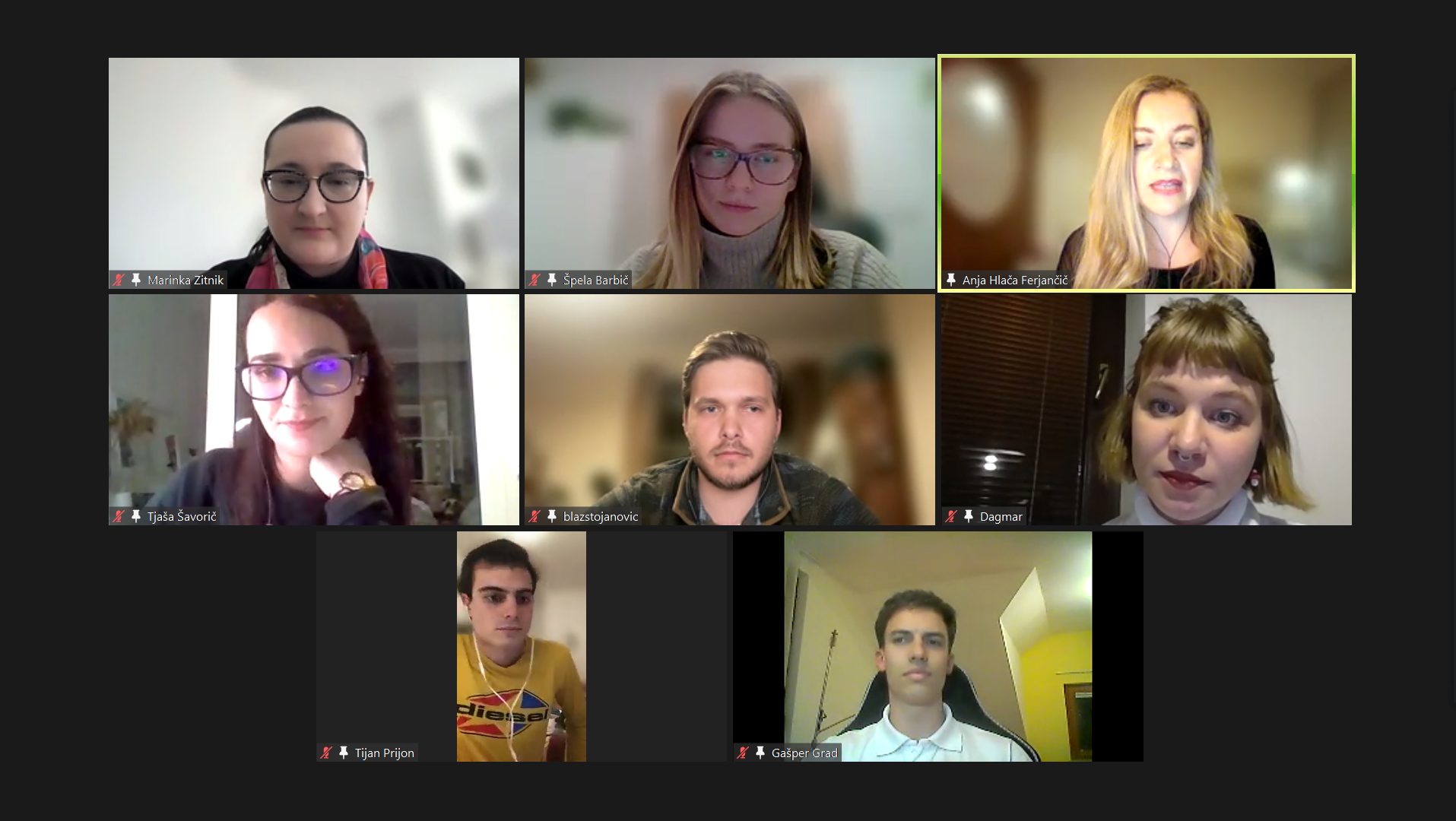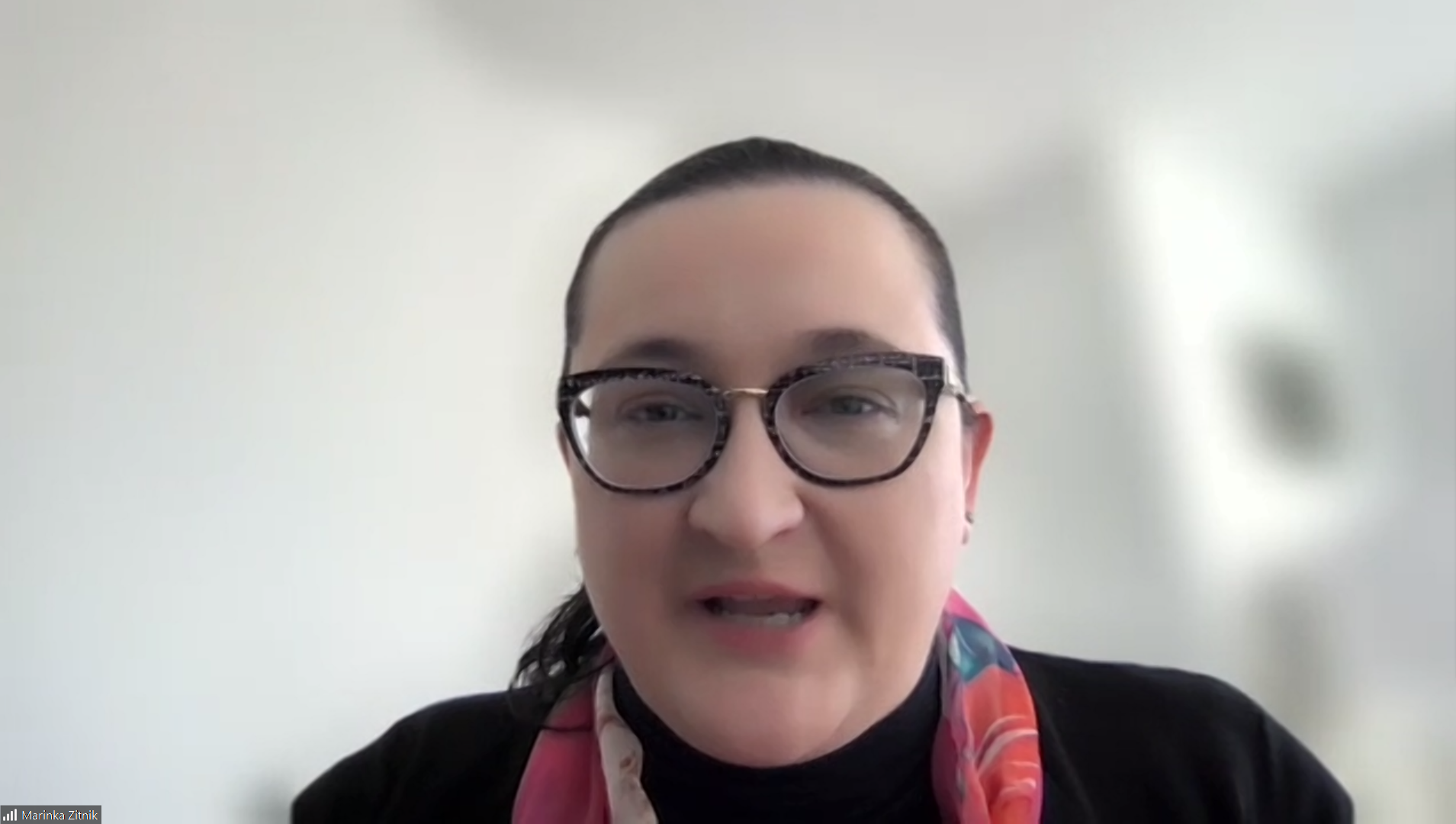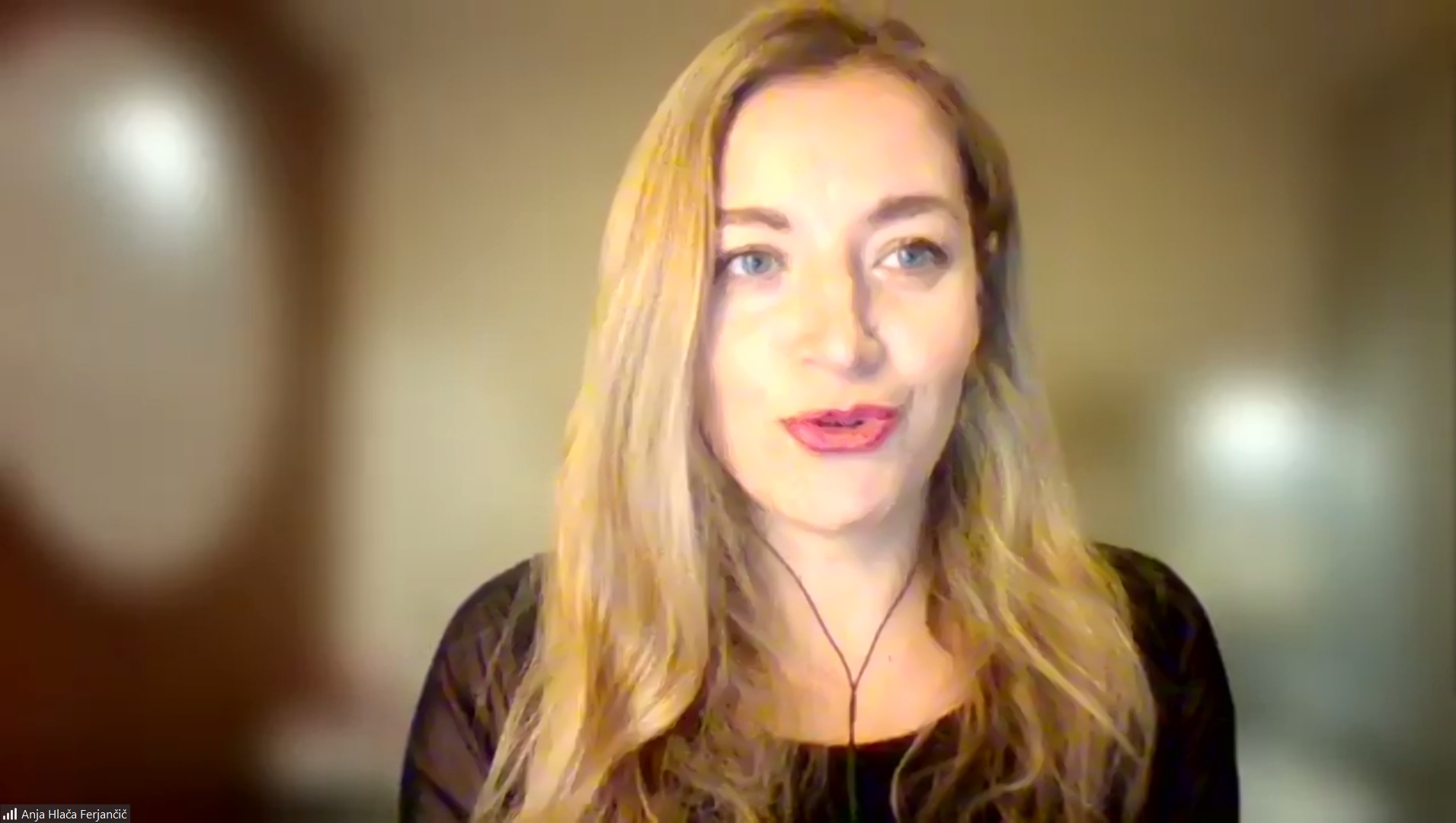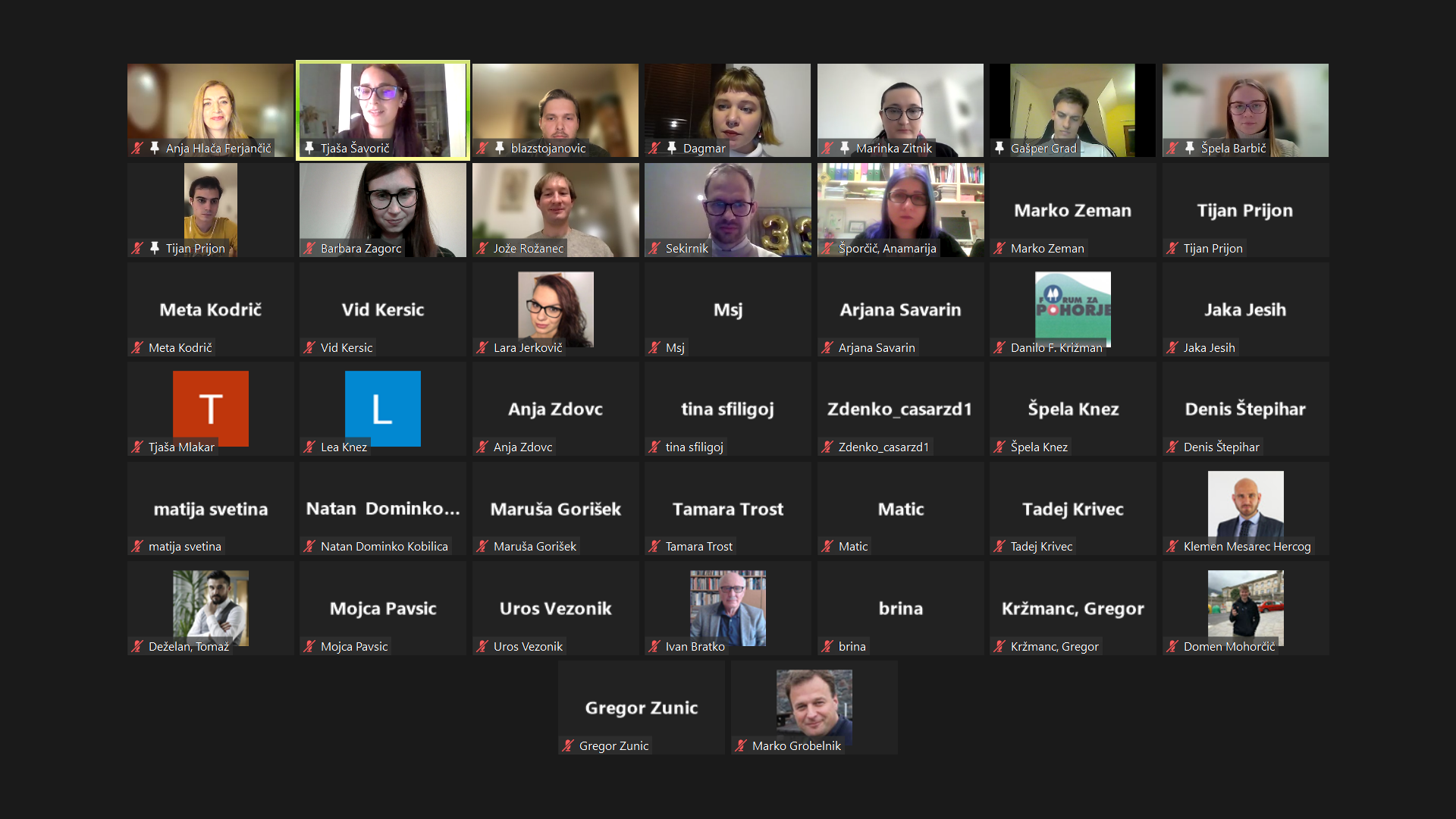
What Cities of the Future Do We Want to Live In?
On Wednesday, 16 February, ASEF organized an interdisciplinary round table entitled Cities of the Future as the first round table under the ASEF Tutoring program 2021/2022.
The round table began with a motivational speech by dr. Marinka Žitnik, director of the ASEF Institute and assistant professor of biomedical informatics at Harvard University, pointed out the quality of the ASEF Tutoring program, which for most of the year includes in-depth work within tutoring groups in individual fields, led by outstanding tutors.
In the central part of the event, 6 ASEF 2021 scholarship holders, representing 6 tutoring groups, participated with their views on the places of the future. Speakers had a broader meaning of the city when thinking about the city: the city as a space at a certain time, a workplace, an urban space, a city of science.
Dagmar Nared, member of the tutoring group for political science and sociology, led by tutor dr. Tomaž Deželan (UL FDV), initially problematized low voter turnout and wondered about the factors that lead to this. He believes that the participation of young people is very important, but in order to achieve the latter, an approach that is close to young people must be taken. According to the speakers, local communities play a key role, in which young people can be heard and the effects of participation can be seen more quickly, which can potentially boost confidence in politics.
Tutor group for biochemistry and chemistry, led by tutor dr. Zdenko Časar (Lek d.d.), during the meetings she dealt with trends in innovation in the pharmaceutical industry. In their presentation, their representative, Špela Barbič, emphasized the importance of a stimulating work environment for achieving company growth.
Gašper Grad, who represented the tutoring group for economics and business informatics, presented modern views on mobility and innovative solutions based on this, based on artificial intelligence. This tutoring group is led by tutor dr. Tamara Pavasović Trošt (UL EF).
Innovative solutions are important in all areas, continued Tijan Prijon, a representative of the physics tutoring group, mentored by tutor dr. Sašo Grozdanov (UL FMF), and stressed the importance of finding appropriate answers to the question of how to successfully, sustainably and environmentally friendly energy production. Within the tutoring group, they delved into a promising fusion.
The representative of the computer tutoring group Blaž Stojanovič joined the previous speakers at the round table in thinking about the scale of the global warming problem we are facing. He added that artificial intelligence should not be seen as a magic wand that would work miracles, but it is one of the most powerful tools we have at our disposal. Within the tutoring group, which operates under the mentorship of tutor dr. Ivan Bratko (UL FRI), they are employed by the question of where we can help ourselves with artificial intelligence on the way to bigger solutions.
In her contribution, scholarship holder Tjaša Šavorič reflected on the importance and role of the humanities in the cities of the future. She highlighted the challenges related to the lack of space and funding, and looked for solutions that are important if we want to educate humane and socially responsible individuals. She stressed that in the cities of the future, the humanities need their own space to create. Students of various humanities are connected and guided by the tutor dr. Anamarija Šporčič (UL FF).
The interdisciplinary round table, which will continue in two months, was connected by Anja Hlača Ferjančič, daily editor and presenter at Val 202. Until then, the tutoring groups will continue to work in monthly meetings.




